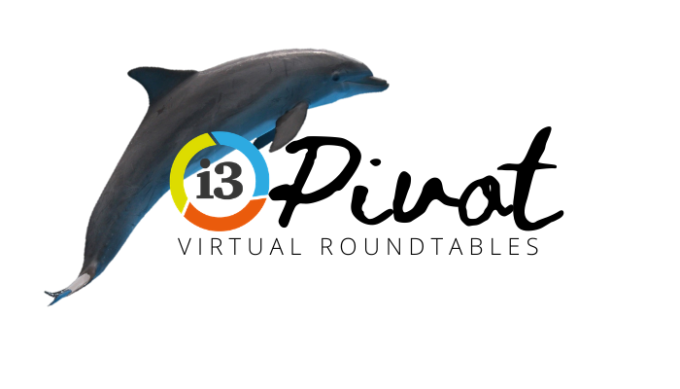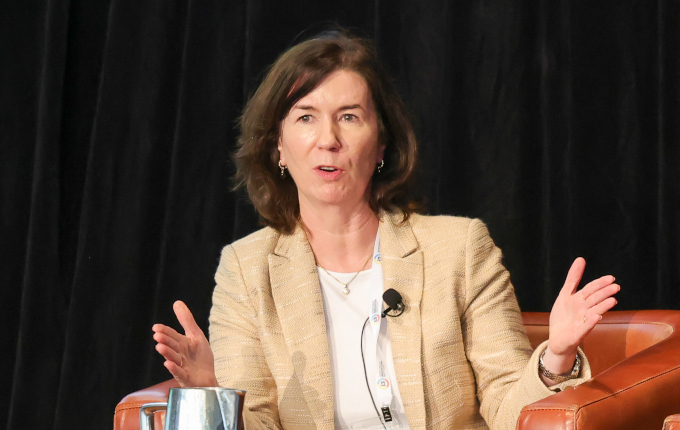Equities remain an important building block in the growth of any investor portfolio. Depending on the risk appetite, time horizon or investment objectives, there are different approaches to manage the vagaries of uncertainty and volatility.
In partnership with JP Morgan Asset Management, the Investment Innovation Institute [i3] is pleased to convene an investor roundtable to discuss equity portfolio construction and the changing nature of global equities.
COVID-19 Implications: Don’t bet against the Fed?
The sharp drop in equity markets followed by its swift recovery in Q1 of 2020 reminded investors of the importance of diversification. The subsequent fiscal intervention has continued to distort the market, sending the stock indices to an all-time high despite the economy spiralling into a recession.
Are risks more elevated than before? If so, can the investor afford not to stay invested in the markets? How should the equities portfolio be positioned to ride the cycle while being mindful of the tail risks? How do we distinguish between structural and cyclical changes in the market?
Style Imbalance: The Case for Value…..Finally?
Growth stocks have continued to outperform value, although this bias has helped some investors tide through the drawdown. However with expected economic recovery, should investors rotate more into value stocks, to achieve more style parity?
The phenomenal highs of S&P 500 can be narrowly attributed to the tech sector, primarily the FAANG stocks. However will the US Department of Justice’s anti-trust action against Google eventually mean similar actions against the other FAANG stocks, dampening the momentum of growth investing too?
Nevertheless traditional defensive sectors have their fair share of headwinds too. Utilities and energy companies are impacted by climate transition considerations and the risk of stranded assets; while banks grapple with the prolonged low interest rate environment.
China, Geopolitics and Supply Chain Disintegration
The rebound in the Chinese market, against the backdrop of its emergence out of the pandemic, presents attractive opportunities for global investors. The local consumption story is certainly a narrative worth pursuing.
However geopolitically, there appears to be huge discontent with China, not merely arising from the US. Is the world coming together to trade to reduce reliance on China? How will the gradual disintegration of global supply chain impact the trading ecosystem and global growth?
The quest for global leadership in 5G telecommunications presents yet another fascinating dilemma. China leads the world in 5G implementation, but at the core of all 5G network innovations are semiconductors, which are dominated by American and Taiwanese companies.
Innovation and Portfolio Construction
It’s fair to say that COVID-19 probably accelerated a number of structural changes that were already in motion – innovative forms of digital technology, disruption of trading and supply chains, and the advancement of medical technology.
Some business models will inevitably be decimated, while new ones will emerge.
In an impending low growth environment, how can the discerning institutional investor incorporate secular changes and emerging themes, while being cautious of the significant downside risks?
Diversification remains difficult but important. A nuanced approach to equity portfolio construction will be required.
Last but not least, we’d be remiss not to review the results of the US elections and its impact on markets!
Enquire about this event







